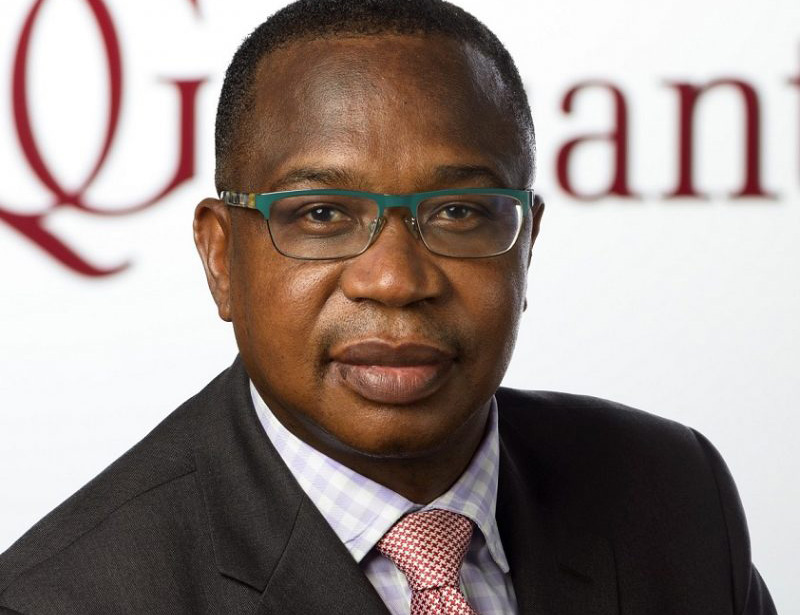THE government is set to release US$145 million from last year’s special drawing rights of US$960 million from the International Monetary Fund (IMF) to boost industry and horticulture exports as well as social services.
Appearing before the parliamentary portfolio committee on Budget and Economic Development on Monday, Finance minister Mthuli Ncube said the money would be distributed across all sectors.
“The US$960 million special drawing funds from the IMF were a huge stimulus to the economy following the drastic impact of Covid-19. Last year, an allocation of the money was used towards vaccination procurement, but for 2022 we will focus on reviving the economy.
“This year US$145 million will be allocated for productive sectors. We have identified agriculture, social services, industry and mining as areas that have potential to grow. Funds will be distributed through cash covered guarantees and tenures will be for two years depending on the purpose of the loan,” Ncube said.
He added that his ministry had engaged banks and that there was a positive response from them to partake.
“US$30 million will be allocated for horticulture production as it has a potential to grow its exports. Seven banks have shown keen interest in participating in the revolving fund. The subsector exports used to be big before its exports dropped so we want to revive the sector.
“The US$20 million will go towards irrigation systems across the country. This is the only amount that will be expenditure; we want to climate proof our farmers so that they produce whether there are good rains or not.”
The minister further said industry support would be US$30 million as retooling the sector was key in reviving the economy.
“In agro processing, especially cotton production, is critical in growing the industry. The amount will be used to capacitate the garment industry and other companies. US$10 million will be channelled towards housing and the empowering artisanal miners US$10 million will be set aside for that,” he said.
Meanwhile, the minister revealed that last year they had to skip the tender process to buy vaccinations, as the procurement was an urgent matter.
“We received donations (of vaccines), but they were not enough to vaccinate the whole country, the urgency was we had to procure vaccines to save livelihoods. Not many could manufacture vaccines so there was a stampede by the time when more research was done we had already procured and the bidding process could not be done easily.
“We procured enough Covid-19 jabs for the whole country, but we have noted low uptake. The vaccination blitz being conducted by the Health ministry will ensure people get their jab, we just have a shortage of people getting vaccinated,” Ncube said. By Melisa Chatikobo



